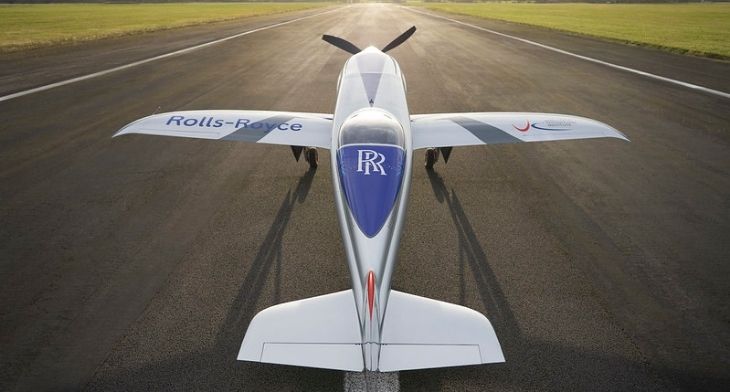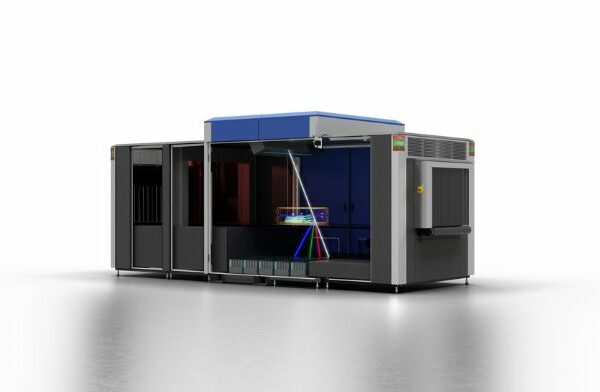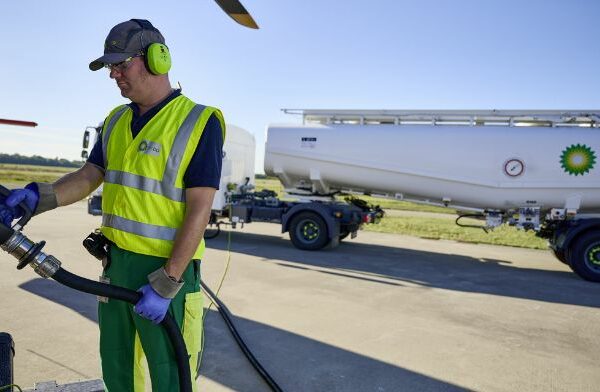


With the pressure on aircraft and engine manufacturers to develop the electric aircraft of the future, Rolls-Royce has inched that bit closer to a podium finish with its ‘Spirit of Innovation’ aircraft, which it believes is the world’s fastest all-electric aircraft, having clocked up a maximum speed of 623 kh/h (387.4 (mph).
The aircraft has submitted data to the Fédération Aéronautique International (FAI) – the World Air Sports Federation, which controls and certifies world aeronautical and astronautical records – for three world records.
On 16 November, 2021, the aircraft reached a top spped of 555.9km/h (345.4mph) over 3km, smashing the existing record by 213.04km/h (132 mph). Further runs at the UK Ministry of Defence’s Boscombe Down experimental aircraft testing site, the aircraft achieved 532.1km/h (330mph) over 15km – 292.8km/h (182mph) faster than the previous record – and broke the fastest time to climb to 3,000m by 60 seconds with a time of 202 seconds.
“Staking the claim for the all-electric world-speed record is a fantastic achievement for the Accelerating the Electrification of Flight (ACCEL) team and Rolls-Royce,” said Warren East, CEO, Rolls-Royce.”The advanced battery and propulsion technology developed for this programme has exciting applications for the Advanced Air Mobility (AAM) market. Following the world’s focus on the need for action at COP26, this is another milestone that will help make ‘jet zero’ a reality and supports our amibtions to deliver the technology breakthroughs society needs to decarbonise transport across air, land and sea.”
Business Secretary Kwasi Kwarteng added that the UK Government is “proud to back projects like this to leverage the private investment necessary to unlock cleaner, greener aircraft.”
Propelled on its record breaking runs by a 400kW electric powertrain, the aircraft offers the most power-dense propulsion battery pack ever assembled in aerospace. The world record runs also provided important data for future electric power and propulsion systems for all-electric urban air mobility and hybrid-electric commuter aircraft. The characteristics that ‘air taxis’ require from batteries, for instance, are very similar to what was developed for the ‘Spirit of Innovation.’





